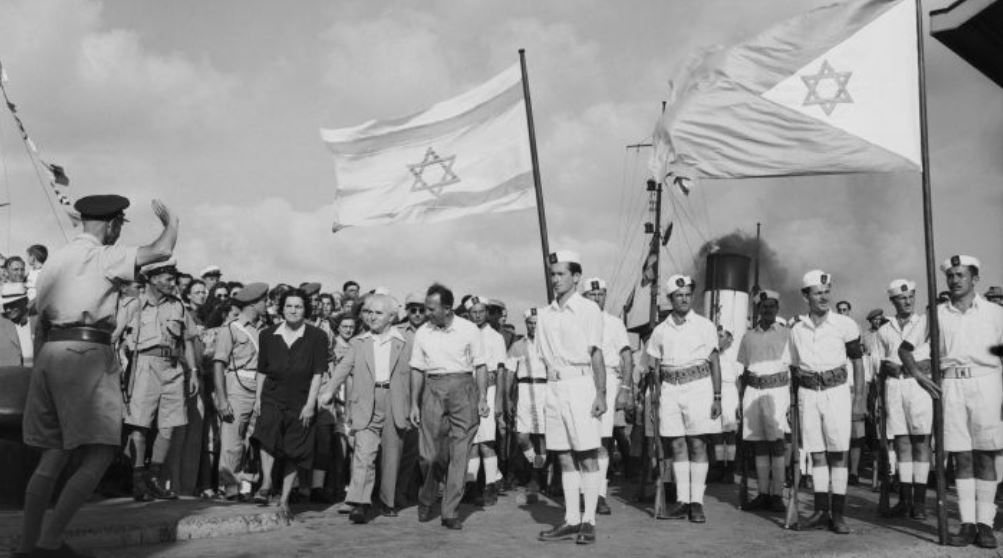Today, 29 January 2019, marks the 70th anniversary of an obscure and long-forgotten event in the history of Australia’s international relations: the day Australia recognised the State of Israel. The issue generated intense behind-the-scenes controversy, and ultimately open disagreement, between the then Labor government, led by Prime Minister Ben Chifley and Foreign Minister, “Doc” Evatt, and its sister Labour government in Britain.
Seventy years later, following the passing of a resolution at the recent ALP National Conference supporting recognition of a Palestinian State, it is worth recalling what the controversy was about and understanding why it still matters.
In the late 1940s, support for the Zionist cause in Australia came primarily from the Labor side of politics, whereas the conservatives were the source of most of the opposition to it. Conservative views were shaped largely by traditional feelings of loyalty to Britain, which had ruled Palestine under a League of Nations mandate. Britain fought a bitter insurgency by Jewish forces for three years, sparked by its decision to bar entry into Palestine to tens of thousands of Jewish Holocaust survivors who were desperate to escape Europe and leave behind the traumas they had endured.
On 29 November 1947, the UN General Assembly voted to recommend the partition of the British Mandate of Palestine into a Jewish State and an Arab State, giving international endorsement to the principle of “two States for two peoples.” This was not an act of recognition, however; neither State yet existed. The British Mandate government continued to function.
On 15 May 1948, the new Jewish State of Israel came into being and was immediately confronted with a full-scale military invasion by the armed forces of five neighbouring Arab League states. It was a closely-fought war, with Israel staring defeat in the face at the time of the short-lived armistice in June 1948.
Read the article by Peter Wertheim (ECAJ) on the ABC Religion and Ethics website.

